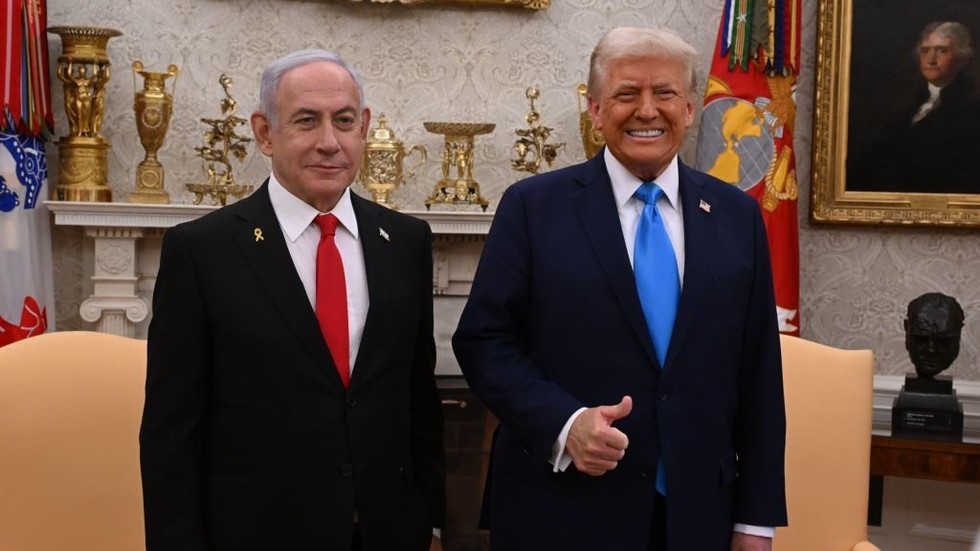Prabir Purkayastha was arrested last year after a New York Times report alleged his outlet was financially backed by a network pushing Chinese propaganda.
Published On 15 May 2024
India’s Supreme Court says the arrest of NewsClick website’s founder and editor Prabir Purkayastha last year under a stringent antiterrorism law was illegal and has ordered his release on bail.
Purkayastha was arrested in October, nearly two months after a New York Times report alleged his English-language news website had been financially supported by a network pushing Chinese propaganda.
The 75-year-old journalist was charged with receiving foreign money and criminal conspiracy, and arrested under the Unlawful Activities Prevention Act (UAPA), a stringent antiterrorism law which makes it virtually impossible to get bail.
The Supreme Court on Wednesday ruled that Purkayastha’s arrest by the Enforcement Directorate, India’s financial crimes agency, was illegal since it failed to communicate the grounds for detention in writing to him.
Justices BR Gavai and Sandeep Mehta declared his arrest “invalid in the eyes of law” and said he should be released, subject to the furnishing of bail bonds. The top court said its ruling on Purkayastha’s confinement was not a statement on the merits of the ongoing case against him.
NewsClick, with an independent and critical focus on India’s “progressive movements”, was founded in 2009 by Purkayastha, who was previously arrested in 1975 during a state of emergency imposed by the then-Prime Minister Indira Gandhi.
Last year, The New York Times reported that NewsClick was financed by the United States-based millionaire Neville Roy Singham. The report said the website “sprinkled its coverage with Chinese government talking points” – claims Singham and NewsClick rejected.
The report also accused Singham of working closely with China – the common enemy of India and the US – and of “financing its propaganda worldwide”.
Relations between New Delhi and Beijing have been tense due to a long-running border dispute that escalated into a deadly clash between their troops in the Himalayas in 2020 and sent diplomacy between the two nations into deep freeze.
In 2021, ED officials first raided the NewsClick office and Purkayastha’s residence over allegations of money laundering and foreign funding. During the time of the raid, the news website had extensively reported on the massive antigovernment protests by Indian farmers.
But no arrests were made during that raid, with the authorities saying their investigation against the media outlet will continue.
In October last year, the ED again raided the NewsClick office and the residences of nearly 80 journalists and other individuals associated with the New Delhi-based organisation. Computers and mobile phones of its employees and independent writers who wrote for it were seized.
Prime Minister Narendra Modi’s government said the raids were justified as foreign funding of the media groups must be assessed by the investigating agencies. “If anyone has committed anything wrong, search agencies are free to carry out investigations,” Minister for Information and Broadcasting Anurag Thakur had told reporters after the raids.
But media watchdogs and rights groups said the raids were part of a government assault on press freedoms since Modi came to power in 2014. He is seeking a third term in the ongoing multiphase national election.
Last year, Indian tax authorities also raided the BBC offices in New Delhi and Mumbai, shortly after the British broadcaster released a documentary that was critical of Modi. Dozens of Indian journalists critical of the Hindu nationalist government have complained of increased harassment, including on social media – where the governing BJP party has a powerful presence.
India fell to 159th rank in the 2024 World Press Freedom Index, an annual ranking by non-profit Reporters Without Borders, a marginal improvement from 161 last year.
Source
:
Al Jazeera and news agencies

 8 months ago
33
8 months ago
33








